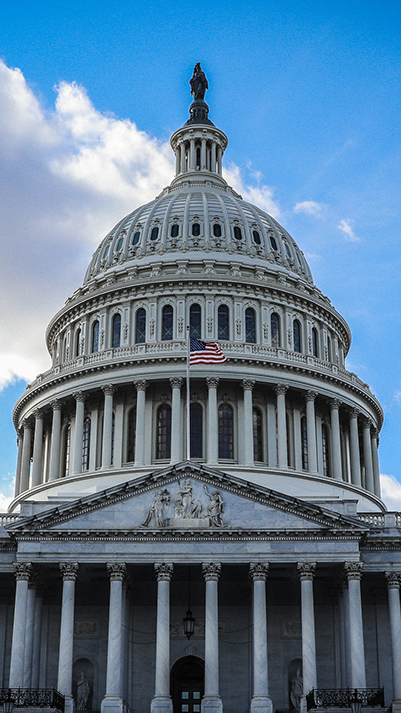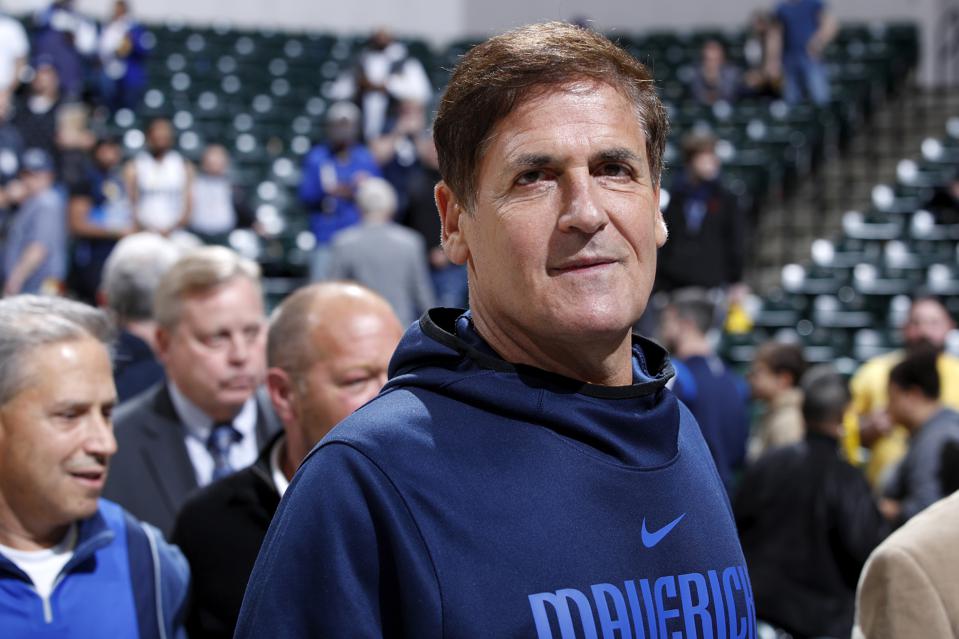What’s behind the slowdown in vaccinations? The consensus among experts is those not yet vaccinated either 1) don’t want the vaccine 2) harbor some doubts about vaccine safety or efficacy, or 3) simply lack the motivation to find vaccine providers and make an appointment. Vaccine hesitancy accounts for about one-third of adults. For example, the Kaiser Family Foundation ran a survey in April that found 15 percent of respondents who had not received the vaccine plan to “wait and see.” Another 6 percent will get vaccinated “only if required,” and 13 percent refuse to get the vaccine.










